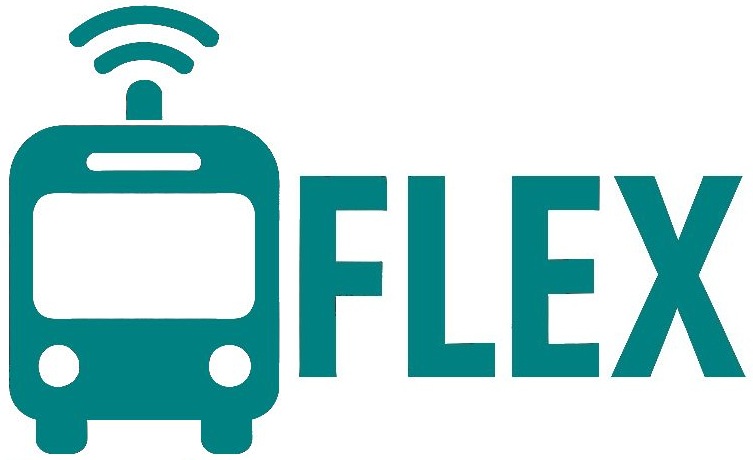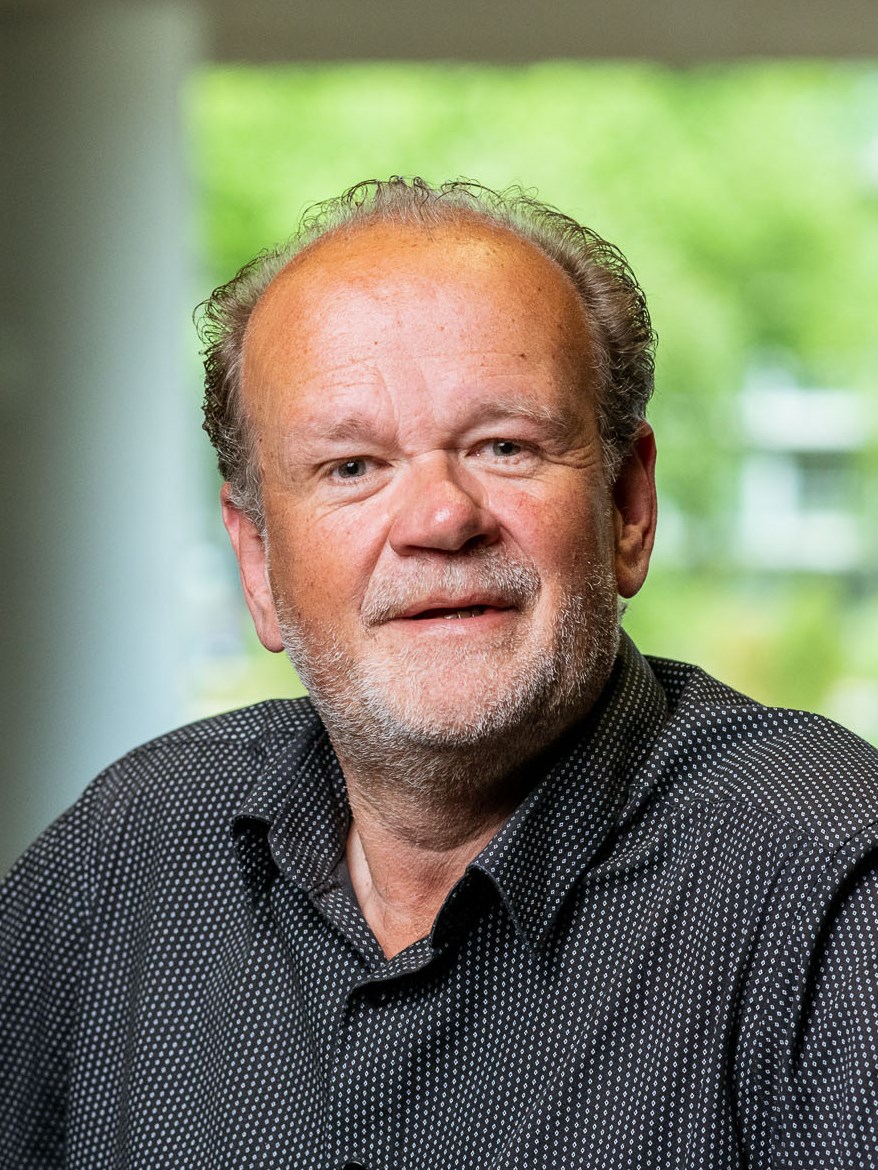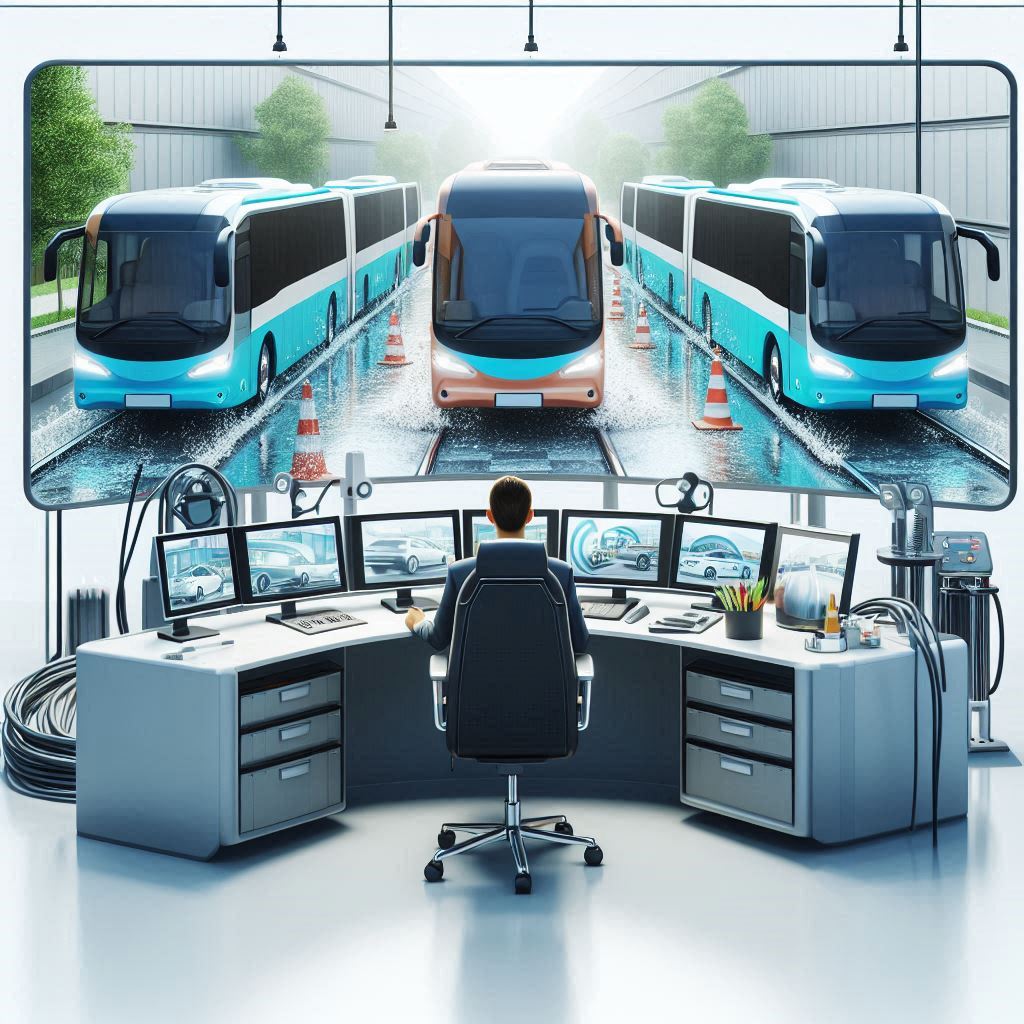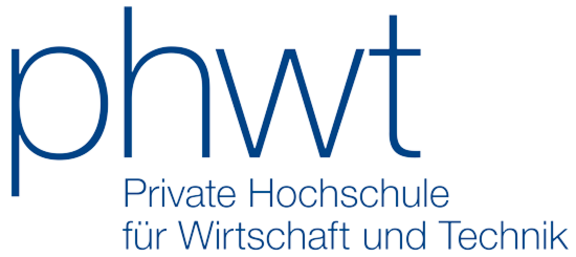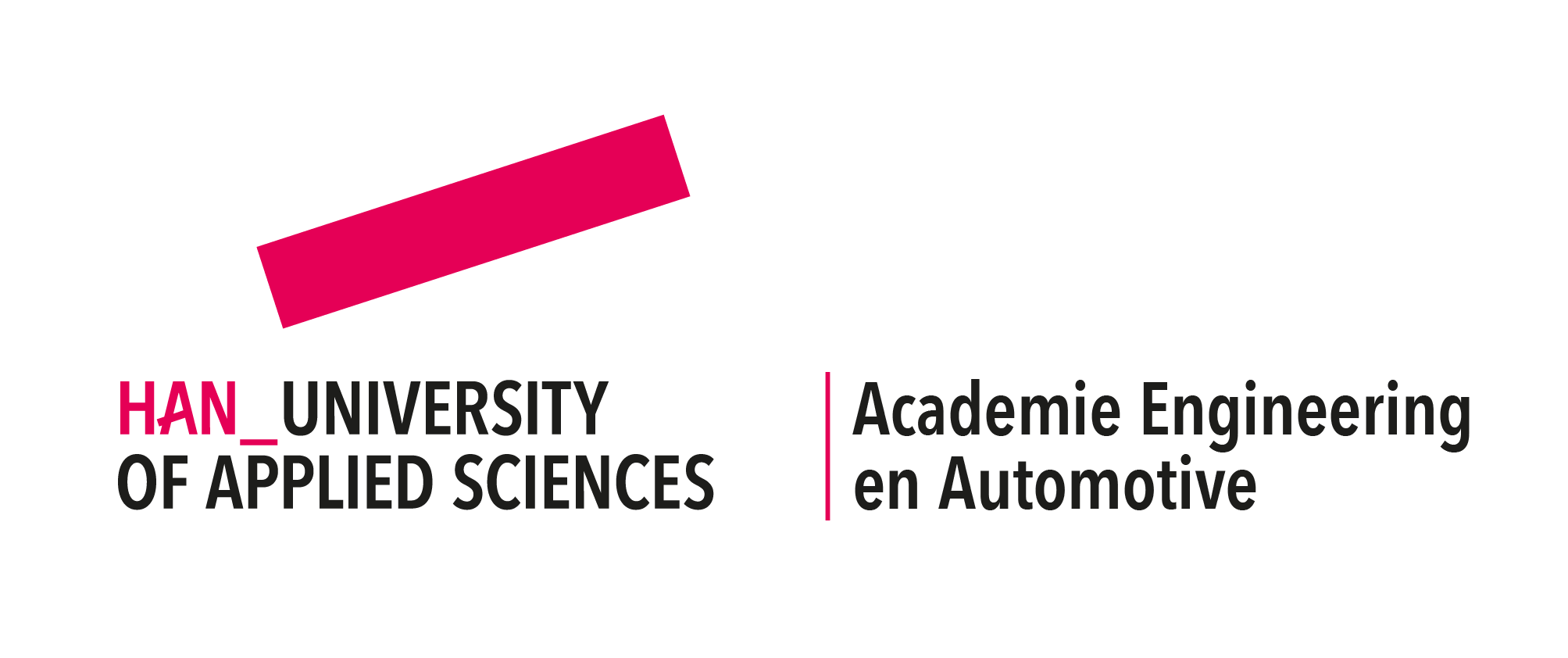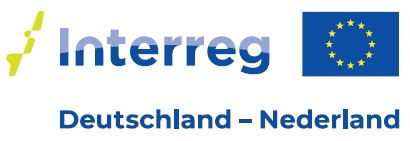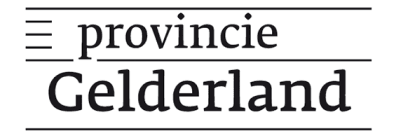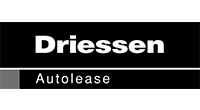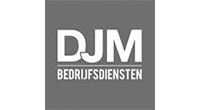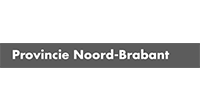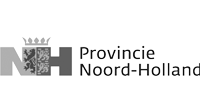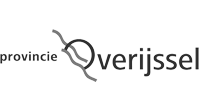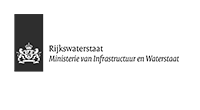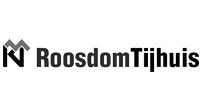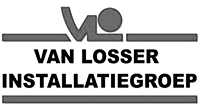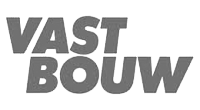Goal of FLEX
Improving flexible, accessible, and affordable public transport in the German-Dutch border region, with the core activity being the integration of automated transport solutions, such as teleoperation and Connected, Cooperative and Automated Mobility (CCAM), into existing public transport services.
Contributions FLEX:
- Cooperation: A DE-NL working group for automated transport (AV) strengthens cooperation between public transport authorities, lawyers, operators and civil society organisations.
- Addressing barriers: Legal and administrative obstacles in concessions and WMO transport are being addressed through harmonised AV frameworks for cross-border public transport.
- Governance guide: A practical guide assists border regions in adapting administrative models for AV.
- Innovation: FLEX links CCAM demonstrations to governance models—a first, as CCAM has not yet been included in concession contracts.
Project approach
- DE-NL Working Group on Automated Transport:
- FLEX is setting up a working group with key stakeholders, including civil society organisations representing travellers.
- The aim is to establish sustainable cooperation between Germany and the Netherlands, with continuous knowledge exchange and joint efforts to promote AV. The working group develops cross-border governance models that improve the efficiency of public administration and support bus operators in providing cross-border services.
- Within WP2, a strategy will be developed for continued ownership and funding after the project has ended.
- Governance guide for AV:
-
FLEX is developing Europe’s first comprehensive guide to integrating AV into governance models.
-
The guide offers solutions for the mismatch between long-term concession contracts and the rapid, uncertain development of AV technology.
-
Approaches are offered for both provincial concessions and municipal WMO transport, making the guide widely applicable.
-
3. Analysis and reporting:
-
-
Within WP3, FLEX is compiling a bilingual (NL/DE) report with practical insights into technology performance, social acceptance and the impact on bus drivers.
-
This report offers valuable lessons for regions and governments wishing to implement AV, based on the experiences gained from the FLEX project.
-
Contact V-tron:
Expected results:
- Demonstration of AV at three locations (Groningen, Helmond, Vechta) shows how automated transport (TRL 7/8) increases efficiency in bus depots, on bus lanes and in rural areas, with less pressure on drivers.
- Integration into governance models through collaboration with local authorities to incorporate AV solutions into concessions and WMO transport.
- Guide to governance models offers practical tools for adapting regulations concerning AV.
- The DE-NL working group promotes cross-border cooperation and knowledge sharing, focusing on coordinated governance models for future-proof AV in public transport.
Challenges
FLEX is being implemented across borders because the Netherlands and Germany face similar public transport challenges, especially in rural areas. By pooling knowledge and resources, more robust and sustainable solutions can be developed. Failure to cooperate would be a missed opportunity to effectively address these shared issues.
FLEX strives to improve the efficiency, accessibility and sustainability of public transport, which enhances the quality of life of rural residents and prevents socio-economic isolation. Reliable access to work, healthcare and social activities is crucial.
There is a great need for consolidated knowledge in four areas:
- integration of AV technology into public transport systems
- governance models for these innovations
- acceptance of AV by travellers
- impact on bus drivers
Cross-border cooperation helps bridge knowledge gaps and ensures consistent implementation of AV solutions. FLEX requires coordination between various stakeholders from both countries, including public transport authorities, technology companies, researchers and civil society organisations.
The international approach adds extra complexity, partly due to the lack of uniform EU standards for AV. To prevent delays in decision-making, V-Tron will call in additional professional support with expertise in international cooperation and automated transport.

